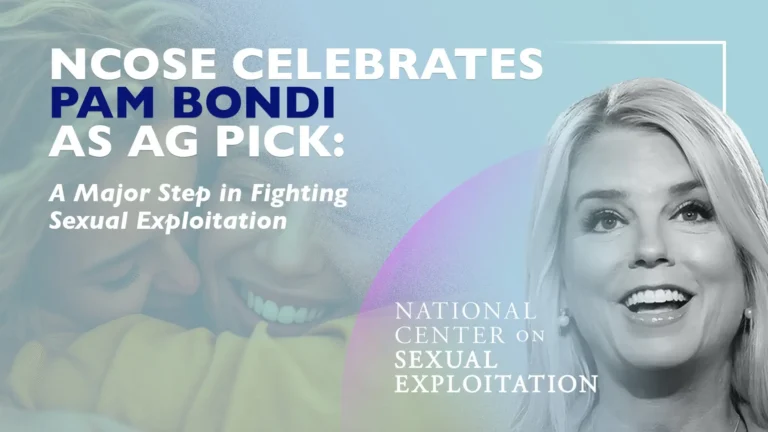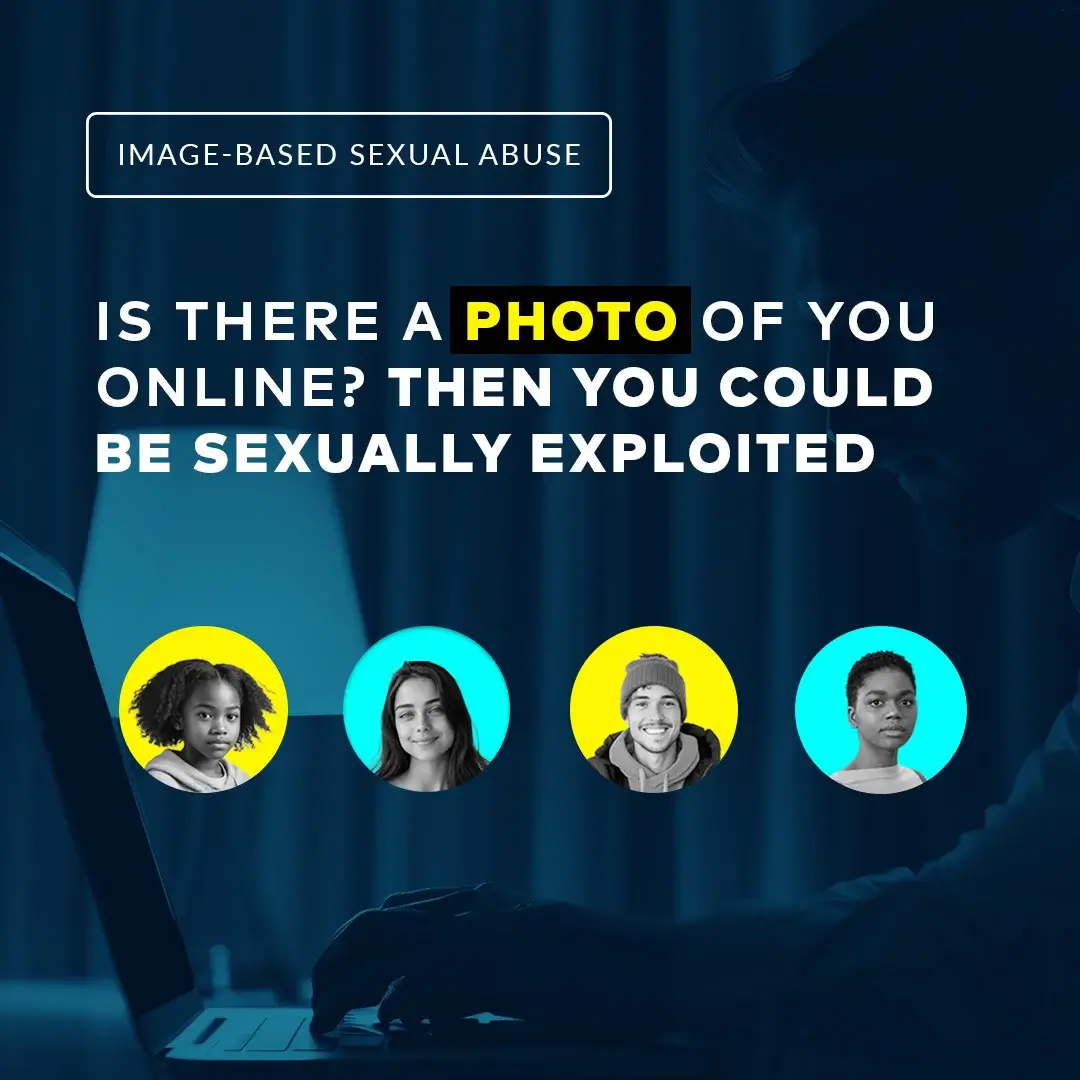Originally Published at Verily Magazine
By Mary Rose Somarriba
In addition to spawning countless conspiracy theories, Jeffrey Epstein’s untimely death in a New York correctional facility in August 2019 tells us something true: while some people may have not wanted Epstein’s secrets to be revealed, still more did. And for that, we have a Netflix documentary released last month called Jeffrey Epstein: Filthy Rich.
It’s 2020, and it would appear that the stars are aligning for advances against sex trafficking. The evergreen cause of child protection has combined with the #metoo movement’s noblest goals to produce what appears to be the greatest public awareness of and sentiment against sex trafficking in decades. The Netflix documentary shares the stories of Epstein’s young victims with people around the world. Now, there is a growing call for an even bigger trafficker of young women to be held accountable—that is, Mindgeek, the owner of Pornhub.
In February 2020, Laila Mickelwait started a petition to shut down Pornhub that has now received more than 1 million signers. Mickelwait, director of abolition of the anti-trafficking organization Exodus Cry, targeted Pornhub because of its established ties with trafficking. And with 115 million visits to the site each day, and 42 billion visits per year, Pornhub is a massive enterprise.
In the United States, sex trafficking is defined as any commercial sex act done with force, fraud, or coercion, or any commercial sex act with a minor.
Dani Pinter, senior legal counsel of the National Center on Sexual Exploitation (NCOSE) told me “I think it’s just a matter of time before Pornhub and really Mindgeek have to answer for what’s going on in their site.” Pinter noted that there aren’t even checkboxes attempting to verify the ages of the people in the videos or that it was taken consensually. “The site itself is rampant with child sex abuse material. We have so many women coming forward describing how the video is depicting their assault. I just spoke with a woman who said that her trafficker is posting her abuse on the site.”
“Pornhub is so exploitative I don’t think there is any hope for reform,” Pinter says.
“The Epstein doc wasn’t perfect,” Pinter told me, noting that it didn’t blur out images of nude photos from Epstein’s home that could have been photos of minors; “but it did a lot of good things and one of those things was giving victims the opportunity to tell their story. And I think part of that story was kind of how predators operate—this pattern of targeting vulnerable women and then using systematic intimidation, blackmail, extortion, to perpetuate this abuse and keep them silent.”
“I think this model of the power imbalance is very typical of predation, and the one thing that wasn’t highlighted in the documentary is that not all predators are as high profile as Epstein,” Pinter says. “A lot of predators are average; they are neighbors in suburbia, but that same pattern is employed by them—targeting vulnerable people and exploiting their vulnerabilities.”
“I think some good awareness came on shining the light on some of the prosecutor’s mistakes that were made, and investigation on how that was handled, which was very positive. I’d like to see prosecutors be more willing to prosecute even without those guaranteed chances of success.” Pinter hopes this leads to reform.
While no person who has been sexually abused asks for it or likely ever wants to think about it again, more women are finding support in speaking out in numbers. The women who pursued civil suits with private lawyers in the Epstein documentary gave witness to a solidarity with the other women who showed up at the hearing, and their kinship in overcoming unfathomable pains was felt.
These women are not alone, and Pinter reassures me these women have legal options. For women who have been exploited in videos published on Pornhub, Pinter advises, they can first try Pornhub’s content removal form. While they’ve shown themselves to be unlikely to remove the content, it’s at least worth a try. “If they’re a minor or if the abuse is depicted of a minor, they should go to law enforcement or to the National Center for Missing and Exploited Children’s Cyber Tip Line,” Pinter says. “If it’s a revenge porn situation or video taken without their consent, they should contact an attorney—some states have laws now which prohibit the sharing of intimate videos without consent. There’s also civil recourse. They can reach out to us at NCOSE—we have a law center, we can happily help them—we have a network of attorneys that we work with that we can refer them to as well.”
NCOSE hosts a yearly summit with a coalition of experts from around the world to discuss what’s working in combating sexual exploitation in trafficking around the world. This year, the summit has been made available online for free between July 18-28, 2020. Among those speaking are service providers, attorneys, advocates, both local and national, NGOs, all coming together to brainstorm and learn from each other.
Two years ago, at the time of the NCOSE’s Summit in April 2018, Backpage.com was seized by the FBI for facilitating the sale of trafficked women and girls in the United States. Is Pornhub next?



